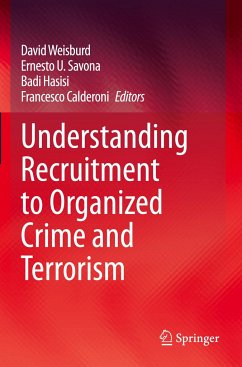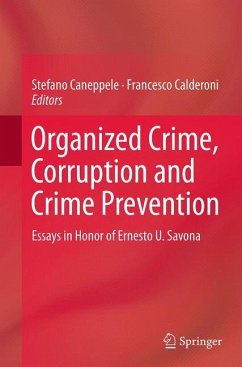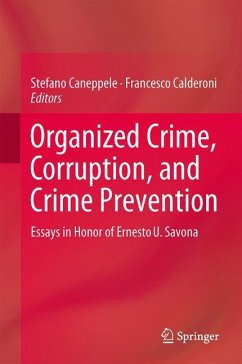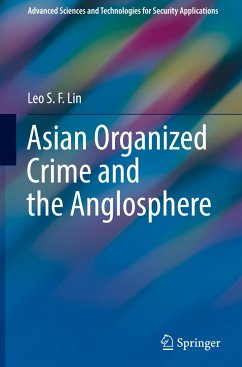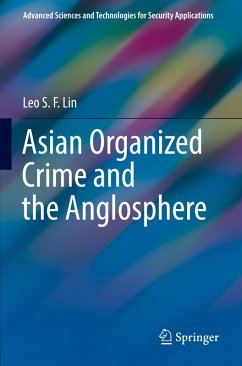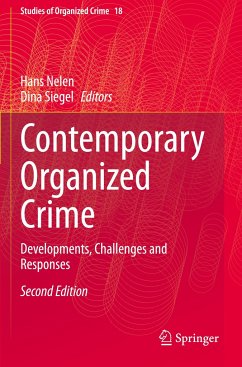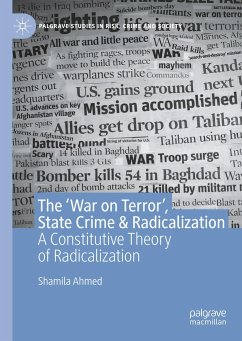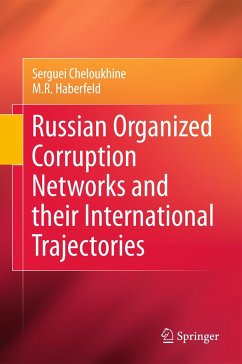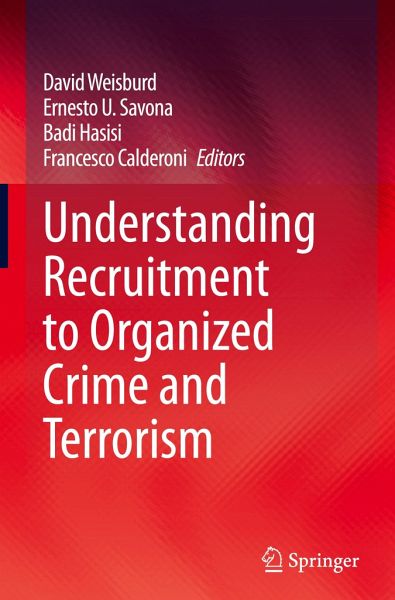
Understanding Recruitment to Organized Crime and Terrorism

PAYBACK Punkte
49 °P sammeln!
This volume provides insights on how recruitment patterns develop for two related types of criminal networks: organized crime and terrorism. It specifically explores the social, situational, psychological, and economic drivers of recruitment. Although organized crime networks and terrorism networks can differ in underlying goals and motivations, this volume demonstrates common drivers in their recruitment, which will provide insights for crime prevention and intervention.The goal of the book is to explore the current knowledge about these common drivers, as well as highlight emerging research,...
This volume provides insights on how recruitment patterns develop for two related types of criminal networks: organized crime and terrorism. It specifically explores the social, situational, psychological, and economic drivers of recruitment. Although organized crime networks and terrorism networks can differ in underlying goals and motivations, this volume demonstrates common drivers in their recruitment, which will provide insights for crime prevention and intervention.
The goal of the book is to explore the current knowledge about these common drivers, as well as highlight emerging research, to identify and prioritize a research agenda for scholars, as well as policymakers. The research presented in this work aims to fill existing gaps in the knowledge of recruitment to both organized crime and terrorism. For each area, it provides a systematic review of the existing research on social, psychological, and economic drivers of recruitment. It then presents findings fromindependent original research aimed to explore new ground not covered in these previous studies.
The contributions to this volume were the result of a research project funded by a European Union Horizon 2020 grant, and present a diverse, international mix of expertise and cases. It will be of interest to researchers in criminology and criminal justice, as well as related fields such as sociology, psychology, and international relations.
Chapter 13 of this book is available open access under a CC BY 4.0 license.
The goal of the book is to explore the current knowledge about these common drivers, as well as highlight emerging research, to identify and prioritize a research agenda for scholars, as well as policymakers. The research presented in this work aims to fill existing gaps in the knowledge of recruitment to both organized crime and terrorism. For each area, it provides a systematic review of the existing research on social, psychological, and economic drivers of recruitment. It then presents findings fromindependent original research aimed to explore new ground not covered in these previous studies.
The contributions to this volume were the result of a research project funded by a European Union Horizon 2020 grant, and present a diverse, international mix of expertise and cases. It will be of interest to researchers in criminology and criminal justice, as well as related fields such as sociology, psychology, and international relations.
Chapter 13 of this book is available open access under a CC BY 4.0 license.





